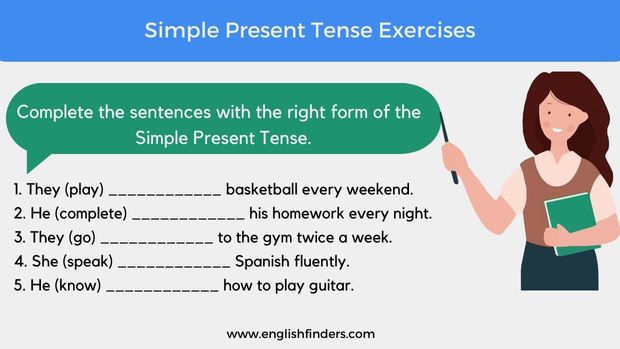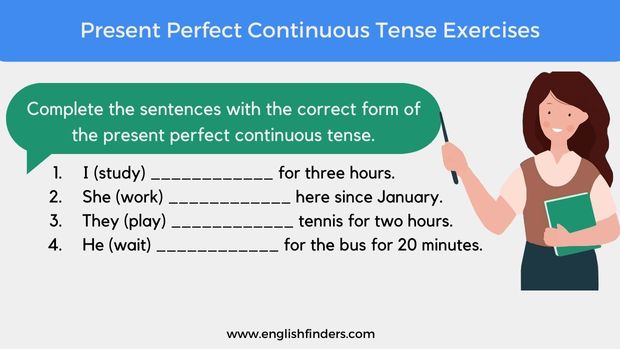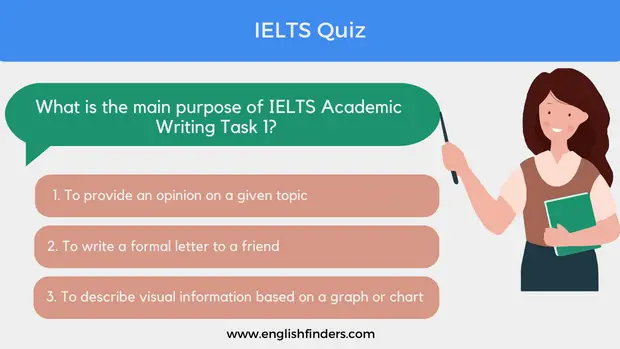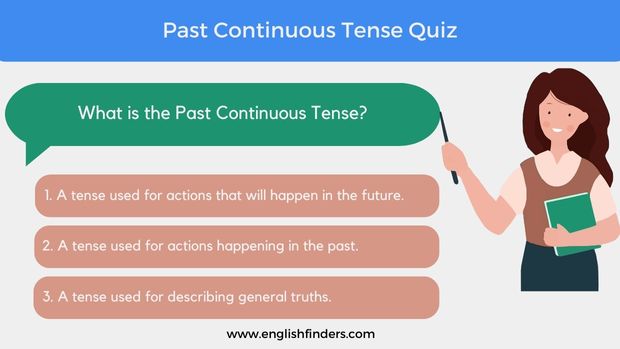Understanding the different types of tenses in English is crucial for English learners. The simple present tense or present indefinite tense is one of the most fundamental tenses, along with the other tenses.
It describes actions that are happening now, habitual actions, and universal truths. How it is formed varies based on the subject and whether the sentence is affirmative, negative, or interrogative.
In this article, you will learn about the 20 simple present tense formations. We will provide examples and exercises to help you practice and improve your understanding.
20 Examples of Simple Present Tense with Usage and Exercise
Quick Navigation
1. Affirmative form: I/you/we/they + verb (base form)
Example: I eat breakfast every morning.
Exercise: Complete the sentence: They ____________ basketball every weekend.
2. Affirmative form: he/she/it + verbs (base form + s/es)
Example: She works at a restaurant.
Exercise: Complete the sentence: He ____________ his homework every night.
3. Negative form: I/you/we/they + do not + verb (base form)
Example: I do not like sushi.
Exercise: Complete the sentence: They ____________ to school on Sundays.
4. Negative form: he/she/it + does not + verb (base form)
Example: She does not enjoy playing soccer.
Exercise: Complete the sentence: He ____________ coffee in the morning.
5. Interrogative form: Do + I/you/we/they + verb (base form)?
Example: Do you speak French?
Exercise: Ask a question using the verb “study” and “they.”
6. Interrogative form: Does + he/she/it + verb (base form + s/es)?
Example: Does he live in New York?
Exercise: Ask a question using the verb “work” and “she.”
7. Affirmative form with adverbs of frequency: I/you/we/they + adverb of frequency + verb (base form)
Example: I always watch TV before bed.
Exercise: Complete the sentence: They ____________ go to the gym twice a week.
8. Affirmative form with adverbs of frequency: he/she/it + adverb of frequency + verb (base form + s/es)
Example: She rarely eats fast food.
Exercise: Complete the sentence: He ____________ plays video games every day.
9. Negative form with adverbs of frequency: I/you/we/they + do not + adverb of frequency + verb (base form)
Example: I never forget my keys.
Exercise: Complete the sentence: They ____________ watch TV in the morning.
10. Negative form with adverbs of frequency: he/she/it + does not + adverb of frequency + verb (base form + s/es)
Example: She seldom reads books.
Exercise: Complete the sentence: He ____________ eats pizza.
11. Interrogative form with adverbs of frequency: Do + I/you/we/they + adverb of frequency + verb (base form)?
Example: Do you usually wake up early?
Exercise: Ask a question using the verb “exercise” and “they.”
12. Interrogative form with adverbs of frequency: Does + he/she/it + adverb of frequency + verb (base form + s/es)?
Example: Does she always take the bus to work?
Exercise: Ask a question using the verb “study” and “he.”
13. Affirmative form with non-action verbs: I/you/we/they + verb “be” (am/are/is)
Example: I am a teacher.
Exercise: Complete the sentence: They ____________ students.
14. Affirmative form with non-action verbs: he/she/it + verb “be” (is)
Example: She is happy.
Exercise: Complete the sentence: He ____________ a doctor.
15. Negative form with non-action verbs: I/you/we/they + verb “be” (am/are/is) + not
Example: I am not tired.
Exercise: Complete the sentence: They ____________ hungry.
16. Negative form with non-action verbs: he/she/it + verb “be” (is) + not
Example: She is not sad.
Exercise: Complete the sentence: He ____________ busy.
17. Interrogative form with non-action verbs: Am/Are/Is + I/you/we/they + verb “be”?
Example: Are you from Spain?
Exercise: Ask a question using the verb “be” and “she.”
18. Interrogative form with non-action verbs: Is + he/she/it + verb “be”?
Example: Is he a good student?
Exercise: Ask a question using the verb “be” and “they.”
19. Affirmative form with modal verbs: I/you/we/they + modal verb + verb (base form)
Example: I can swim.
Exercise: Complete the sentence: They ____________ speak Spanish.
20. Affirmative form with modal verbs: he/she/it + modal verb + verb (base form)
Example: She should study more.
Exercise: Complete the sentence: He ____________ play the guitar.
Final Thoughts
Understanding the simple present tense is important for any English learner. By mastering these 20 forms, you’ll be able to communicate more effectively in your daily life. Remember to practice with the provided exercises and apply your knowledge in real conversations.

Azizul Hakim is the founder & CEO of englishfinders.com. He is a passionate writer, English instructor, and content creator. He has completed his graduation and post-graduation in English language and literature.




